
Videos by American Songwriter
Great success in the music business is often accompanied by wonderful rewards like fame, riches, and the opportunity to have your music heard by a wide swath of fans. Yet it also comes with increased demands that can emanate from record labels which understandably want to monetize the momentum of an artist before it dissipates.
Pink Floyd experienced this phenomenon following their monster 1973 album Dark Side Of The Moon. Prior to that album, they were a band with a devoted cult following for both their ambient soundscapes and memorable live shows, but they had never really threatened the mainstream. Dark Side changed all that; Roger Waters’ meditations on madness combined with the haunting atmospherics conjured by the instrumentalists struck a chord with listeners far and wide and became one of the best-selling rock albums of all time.
The band felt intense pressure while making the follow-up album, 1975’s Wish You Were Here. As singer/guitarist David Gilmour noted in the documentary The Story Of Wish You Were Here, there was even a feeling that Dark Side might not only have been their magnum opus but also their swan song. “We were all having to assess what we were in this business for,” he said. “Whether we were artists or businessmen. Having achieved the sort of success and money out of it all, it could fulfill anyone’s wildest teenage dreams, why we would still continue to want to do it? Roger has said he thinks we may have been finished at that point, and he may have been right.”
Behind the Song: Pink Floyd, Wish You Were Here
Waters eventually hit upon the idea of making the album about the band’s fragile mental and emotional state at the time. And since that was partly induced by the soul-deadening experience of dealing with industry flacks and record-company bigwigs who wanted more from the band every minute, the album wouldn’t have been complete without “Have A Cigar,” a scathingly sarcastic look at those who would profit off the talent of others, the “businessmen” controlling the “artists,” to use Gilmour’s analogy.
Since much of Wish You Were Here is dominated by the ethereal suite “Shine On You Crazy Diamond,” a tribute to and lament for the band’s former leader Syd Barrett, “Have A Cigar” delivered a little bit of rock thunder at the start of the album’s second side to offer some balance. The bluesy interplay of Gilmour’s guitar, Waters’ bass, and Nic Mason’s drums forms the foundation, allowing for Rick Wright’s wall of synths and Gilmour’s late-song soloing to take off into the stratosphere.
Problems arose when it came time to add the vocals. Waters struggled with the range of the melody he had written and Gilmour wasn’t keen on singing a song that he thought complained too much. Enter Roy Harper, a singer-songwriter and longtime associate of the group who happened to be hanging around the studio. In a rare case of a band ceding vocals to a non-member, Harper took charge of the song and did a marvelous job, somehow embodying both the sleaze of the record execs and the anguish of the hapless band in their clutches.
The whole song is sung from the perspective of the label honcho, as if the artist has no say in the matter at all. “Come in here, dear boy, have a cigar, you’re gonna go far,” he begins, leading with promises while still denigrating the musician with the condescending “boy” appellation. The promises go far beyond what he can deliver (“You’re never gonna die”), but his flattery helps sell the deal (“Well I’ve always had a deep respect and I mean that most sincerely.”)
The song’s most famous line wasn’t a product of Waters’ imagination; it was something the band actually experienced, as Gilmour related on In The Studio With Redbeard in 1992. “We did have people who would say to us “Which one’s Pink” and stuff like that,” he recalled. “There were an awful lot of people who thought Pink Floyd was the name of the lead singer and that was Pink himself and the band. That’s how it all came about, it was quite genuine.”
Watch Miley Cyrus Cover Pink Floyd’s “Comfortably Numb”
In the second verse, the promises subtly give way to demands. “You gotta get an album out/ You owe it to the people,” the narrator suggests, and then: “It’s a hell of a start/ It could be made into a monster/ If we all pull together as a team.” The chorus drops any pretenses, as the record exec lays bare exactly how he interprets the relationship between businessman and artist, as Harper stretches the words out like taffy: “And did we tell you the name of the game, boy?/ We call it riding the gravy train.”
Once you know the game, of course, you have to decide whether the reward of excelling within it is worth the price paid to do so. Pink Floyd played the game as well as anybody and, with “Have A Cigar,” they delivered some pretty incisive play-by-play along the way.

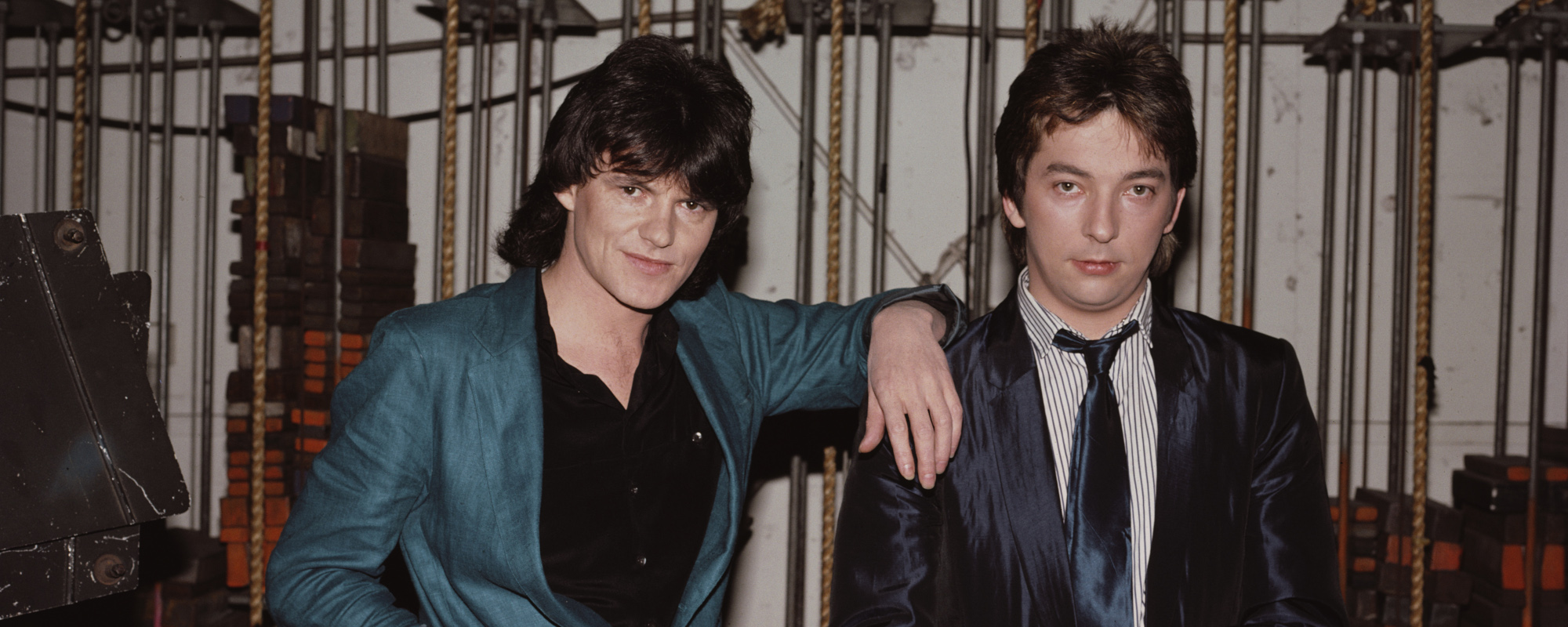
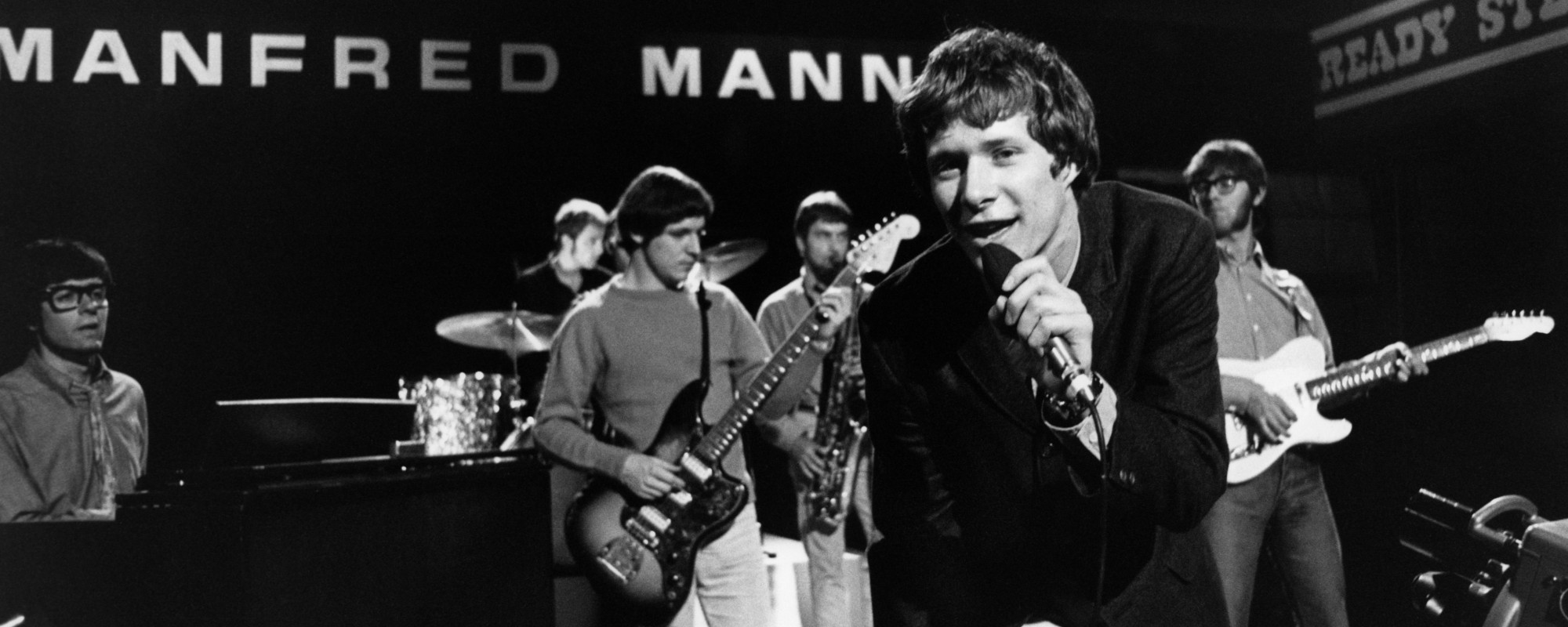
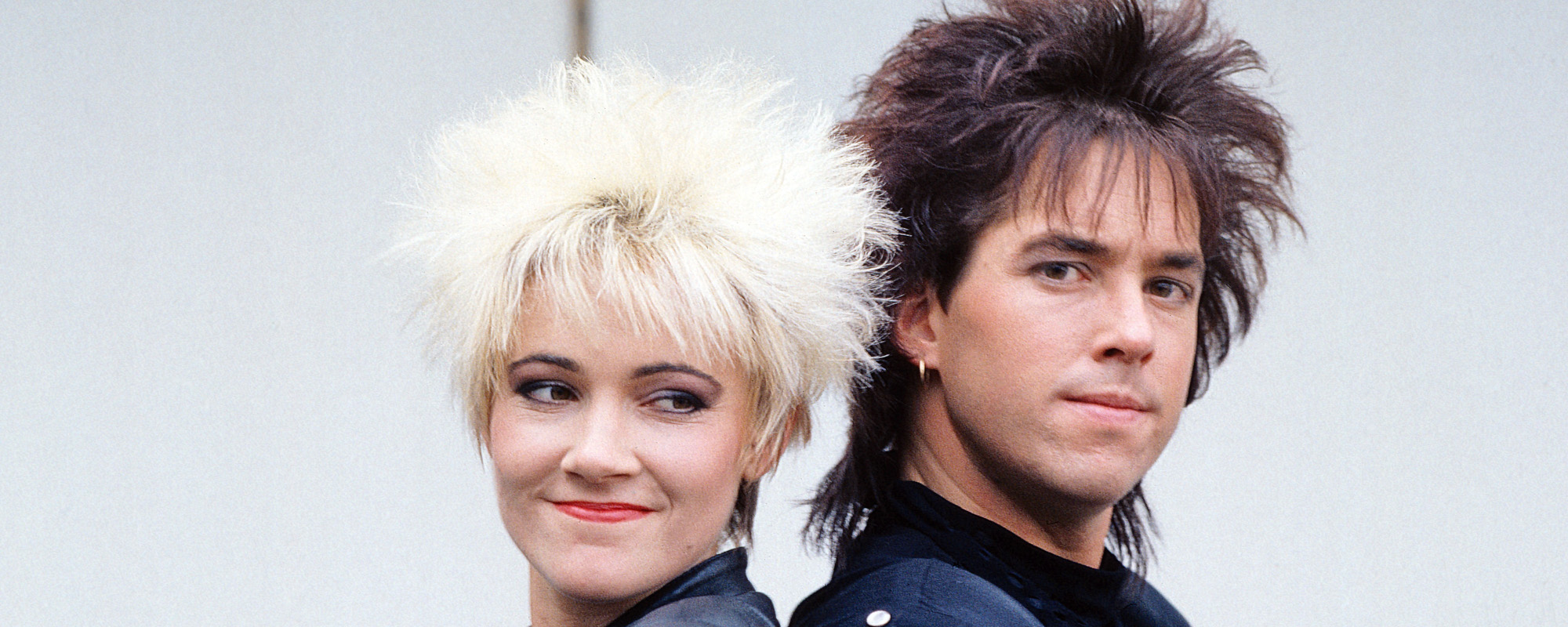
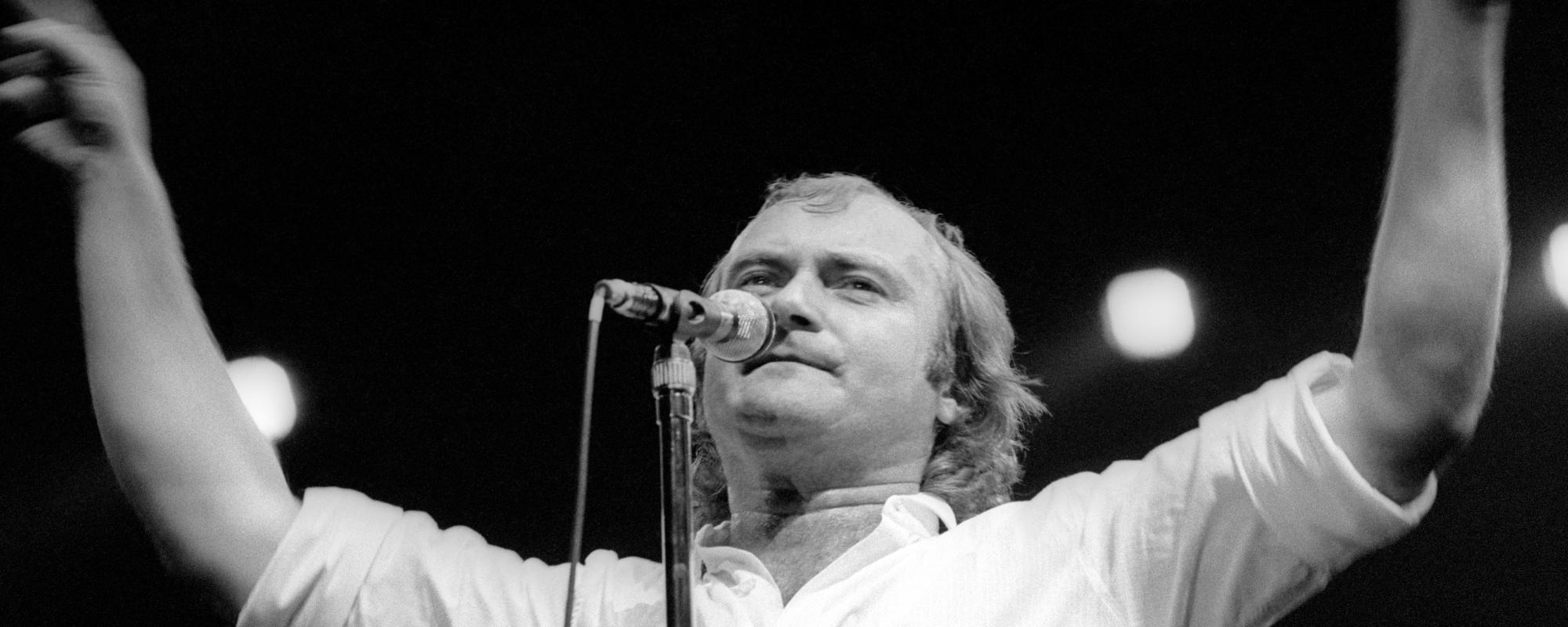
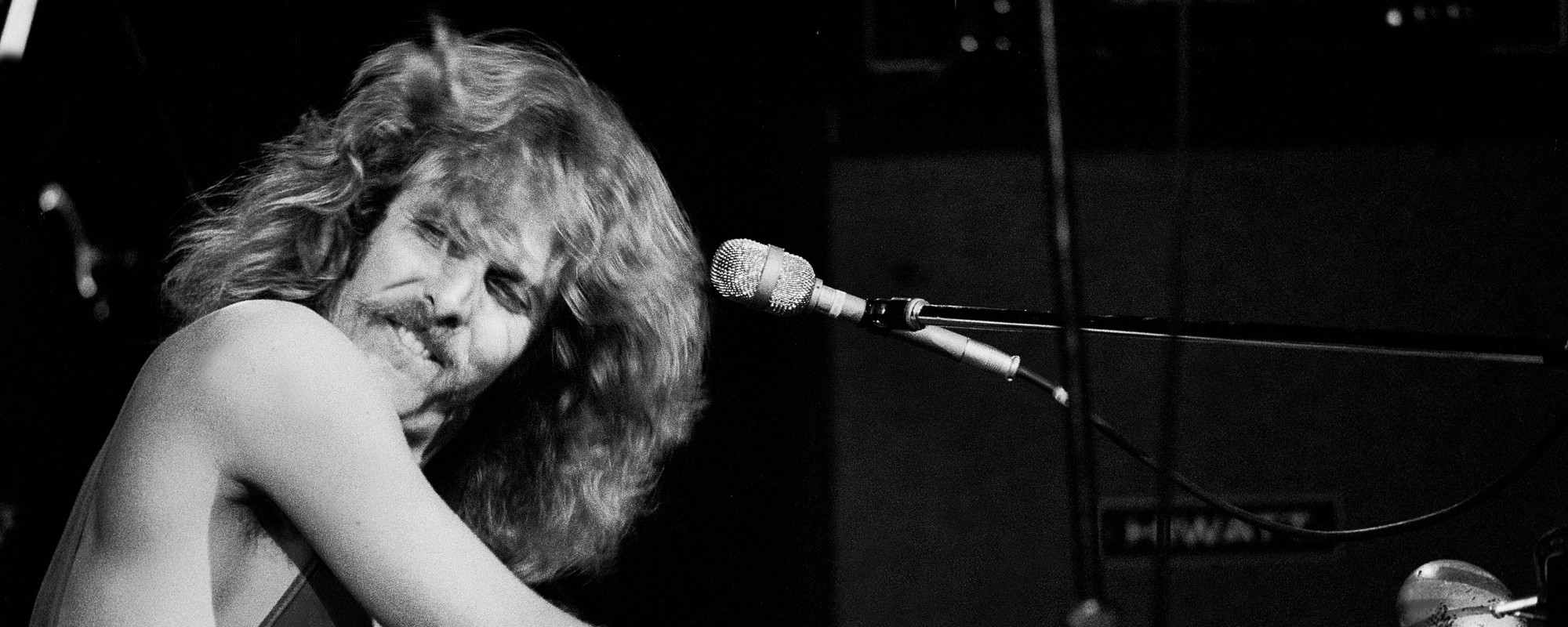







Leave a Reply
Only members can comment. Become a member. Already a member? Log in.